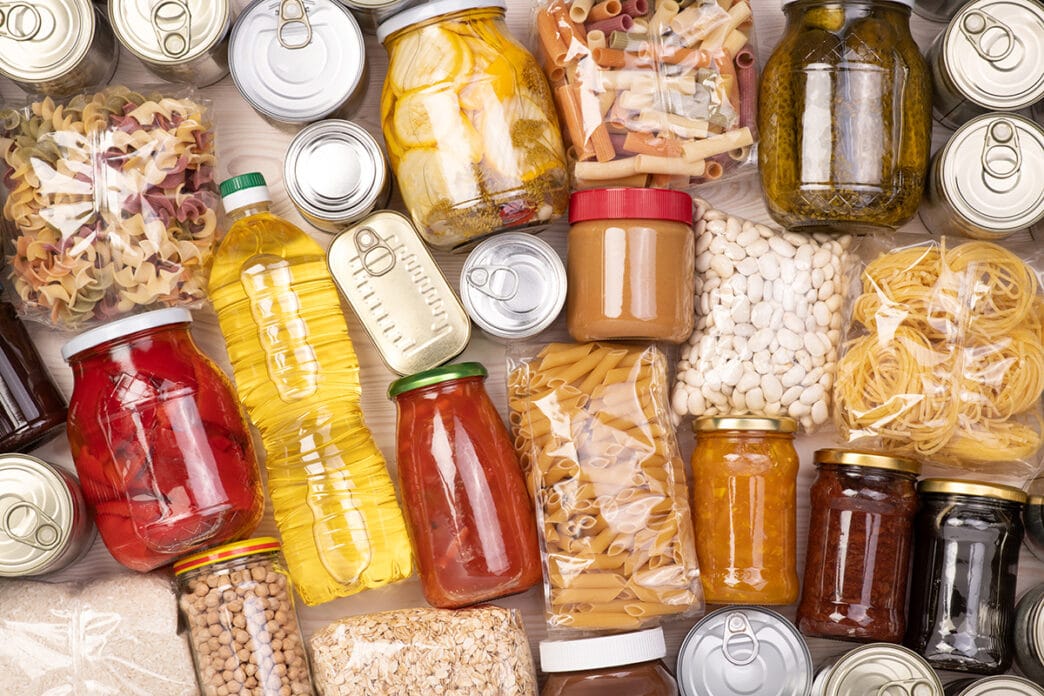File Photo
These tough economic times are putting the Salvation Army food bank in Lloydminster in a perpetual state of need with a revolving door.
“The food comes in one door and goes out the other,” said Major Bond Jennings who heads the non-profit charity.
Jennings says in the past year more than 300 new families and individuals have come to the food bank for assistance.
“In the past year and a half, the increase that we have seen, it’s crazy. We are still seeing upwards of five maybe even 10 new people every week,” he said.
“Sometimes it’s a one time thing for a person or a family and it might be the only time we see them through the year. Other times, it’s desperate times and they will be back several times.”
The return to school in September will also spike the demand for the organization’s Kids Kits program in partnership with the Lloydminster Public School Division.
Each week, the Salvation Army provides a little bag of groceries for kids, including canned pasta and canned meat, Kraft Dinner, oatmeal, juice boxes, fruit cups, granola bars, fresh fruit and things like that.
“We don’t know what the numbers are for the coming year, but last year we were doing roughly 150 to 155 bags per week,” explained Jennings.
When Jennings and his wife moved to Lloydminster in 2019, they were basically filling 45 to 50 bags a year for the first couple of years.
“Last year was the first year we started with a number and finished with the same number. Before it was up and down numbers,” said Jennings.
He says what’s driving demand for food is everything from job loss, prevailing tough economic times and the cost of groceries and living expenses.
“Two years ago, things were a lot cheaper than what they are now. It seems like every day you go to the store, the basic things you need to buy increases from one week to the next,” said Jennings.
“It’s hard for any and everybody. Everybody’s finding it tough. I’m finding it tough.”
The Consumer Price Index (CPI) rose 3.3. per cent year over year in July, following a 2.8 per cent increase in June.
While prices for groceries remained elevated, they grew at a slower pace year over year, rising 8.5 per cent in July after a 9.1 per cent increase in June.
Electricity prices rose significantly in Alberta, increasing by 127.8 per cent in July on a year-over-year basis.
Jennings calculates the food bank needs to spend upwards of $600,000 to $700,000 a year to buy all the food that it puts out on a regular basis.
He says basically they rely “on the good folks of Lloydminster” to donate food and cash to buy food including the high demand seasonal Christmas campaign.
“People come in with donations on a regular basis for us—businesses in town. I do get a few funding grants from organizations in Lloydminster,” added Jennings.
In addition, he says Walmart and Real Canadian Superstore do fundraising campaigns every year.
“The Co-op, Sobeys and Safeway do fundraising at Christmas and they have done great the last number of years,” added Jennings.
“So all of these organizations I am buying food from (for the food bank) when I go to buy groceries.”
In the meantime, Jennings has a list of priority food supplies to replenish their shelves.
“Pasta sauces and pasta is always a good thing, rice, canned soup, chunky soups, beans, canned vegetables—they are all good items. Cereals for families and children are also things that are needed,” explained Bond.
“Cash is good because we can buy a fair amount with cash.”
















